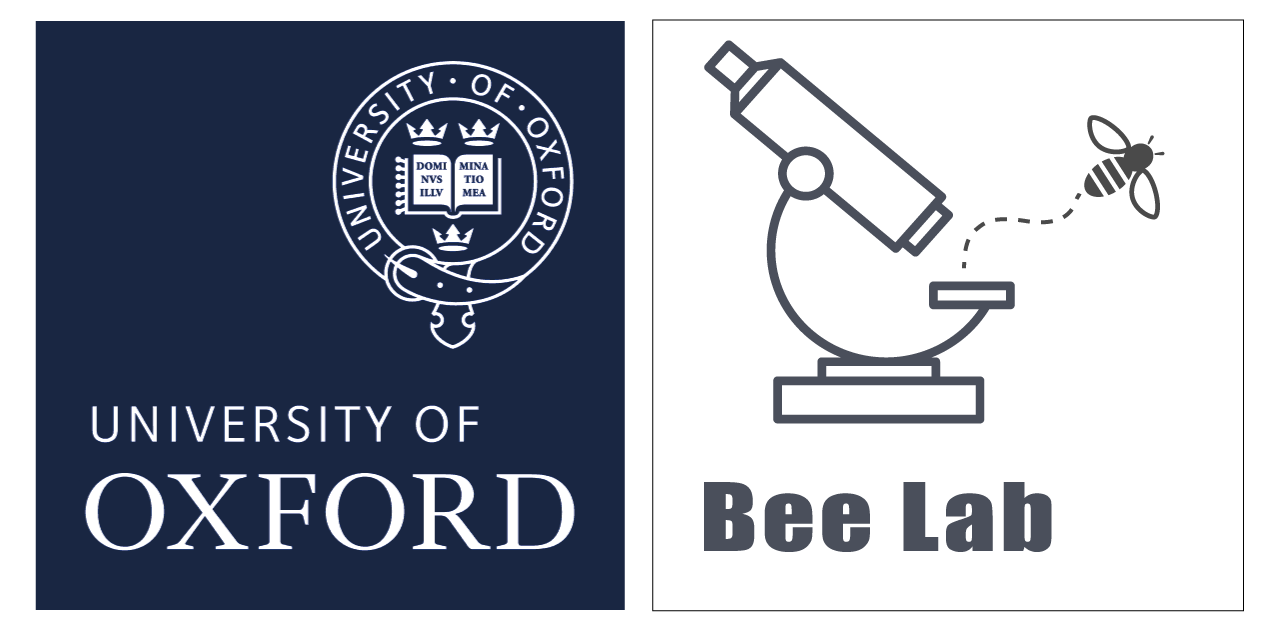WAMC Northeast Public Radio
Published July 11, 2013 at 5:00 AM EDT
In Academic Minute, Dr. Geraldine Wright of Newcastle University reveals why bees get a kick out of caffeine.
The world around us remains green because plants produce toxic chemicals as defences to prevent animals from eating them. Plant toxins have been used by people throughout our history – we use them as medicines, drugs - we make tea or coffee to extract them, we add them as flavourings to spice up our foods.
Pollinators have coevolved with plants over millions of years, providing a sure means of sexual reproduction for plants while being ‘paid’ by plants to provide this service with food in the form of floral nectar and pollen. The quality of this payment – how rich the nectar is and what nutrients it provides – is what matters most to pollinators. They learn the floral scents and colours associated with flowers that have good food rewards and seek out flowers with the same traits.
In collaboration with Phil Stevenson at the Royal Botanic Gardens at Kew in London, I recently found that coffee and citrus flowers have nectar that contains the plant toxin, caffeine. Phil and I were curious to know whether the caffeine affected one of the pollinators of these plants – the honeybee. In my laboratory, we found that low doses of caffeine, like those found in nectar, enhanced the bee’s ability to remember a floral scent associated with food. Bees were not repelled by the amount of caffeine found in nectar, and would readily drink it. In collaboration with Dr Mary Palmer at the University of Dundee, we also found that the responses of neurons in the bee’s brain important for learning and memory were amplified when the brain was stimulated by caffeine – similar to the responses of neurons to low doses of caffeine in the mammalian brain that encode memory.
Our work shows that coffee and citrus plants use caffeine as a means of manipulating the memory of bees – so that they think that flowers are more rewarding – providing a reliable way transmitting pollen from one coffee flower to another.

